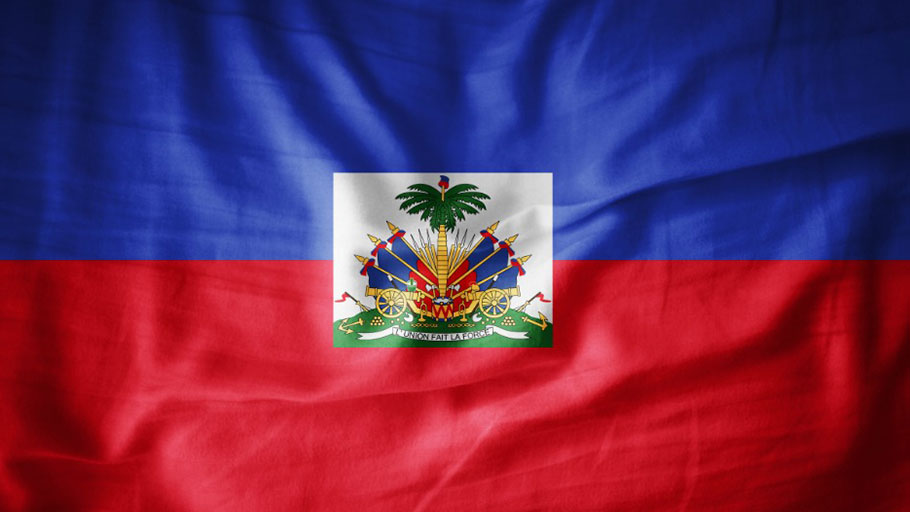The island of Haiti had a bittersweet last week. The sweet part of the week began on the evening of Oct. 3, when U.S. District Judge Edward Chen blocked the Trump Administration’s efforts to end Temporary Protected Status for Haitians and hundreds of thousands of other immigrants from countries whose residents are people of color. The U.S. government grants TPS to people from countries where there are safety and economic concerns. Haitians received TPS after the devastating 2010 earthquake that killed 300,000 people.
And then came the bitter part of the week. An earthquake on Oct. 6, measuring 5.9 on the Richter scale, destroyed homes and other property and claimed 17 souls, according to reports.
In between the two earthquakes Haiti has faced other natural disasters, including Hurricane Matthew, which claimed about 600 souls and depleted some of the country’s important argibusiness. Congresswoman Frederica Wilson aptly understands the plight of the island nation, and why ending TPS would cause even more harm. It is unclear whether the judge’s stay will protect TPS for Haitians, which is schedule to end in July 2019.
“This latest earthquake, while thankfully less destructive, is an acutely unfortunate setback for Haiti, which was trying to make a comeback and desperately needs and deserves all of the breaks it can get,” Wilson said in a statement Oct. 7. “I fear this latest disaster could add even more years to the amount of time the nation still needs to recover from previous natural and manmade disasters. That the United States would even consider ending Temporary Protected Status for Haitian nationals legally living and working here is imprudent and inhumane. Haiti is struggling to rebuild and the contributions TPS holders send back home are essential to that effort.”
She is absolutely right. Haitians needs attention and support not just from the federal government; it needs all faith-based and community-based organizations to not only sound the alarm on their behalf; but also try to extend their programs to embrace suffering islanders.
Haiti was born from the only successful slave rebellion in the Western Hemisphere.
Slaves started the rebellion in 1791. They would end slavery and take control of their island from the French by 1803.
Haiti was known as Saint Dominigue and it is recorded to be one of “France’s wealthiest overseas colony, largely because of its production of sugar, coffee, indigo, and cotton generated by an enslaved labor force.”
So Haiti paved the highway to freedom for all slaves. It was 60 years after the slave rebellion that U.S. President Abraham Lincoln issued the Emancipation Proclamation.
Black America needs to show visible support for Haiti in its time of need. We have shared experiences, shared history. When Trump was seeking election and saw a vulnerability in the Haitian community, he sought to exploit it by trying to divide and conquer. That should not have happened.
We need to have solidarity among people of color in terms of helping to raise funds and giving legal and political support. After all, we are stronger in numbers. Haitian slaves proved that when they won their rebellion.















